Search
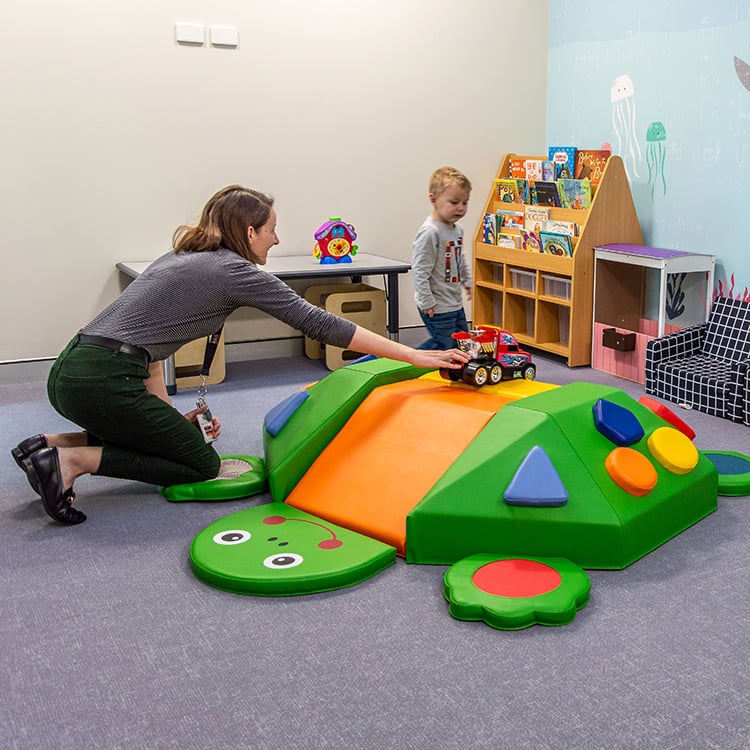
Find out how to access services at CliniKids.
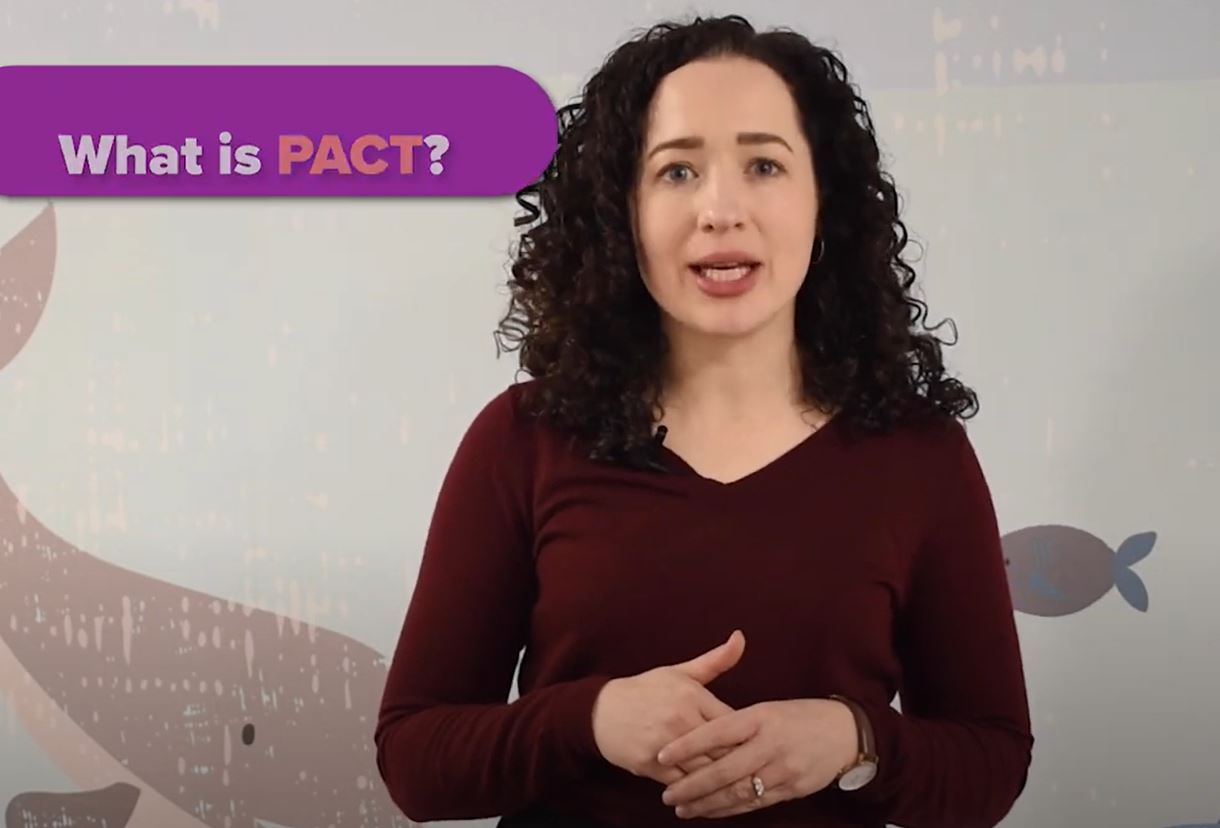
News & Events
PACT now available via telehealthPaediatric Autism Communication Therapy is now available at CliniKids via telehealth.
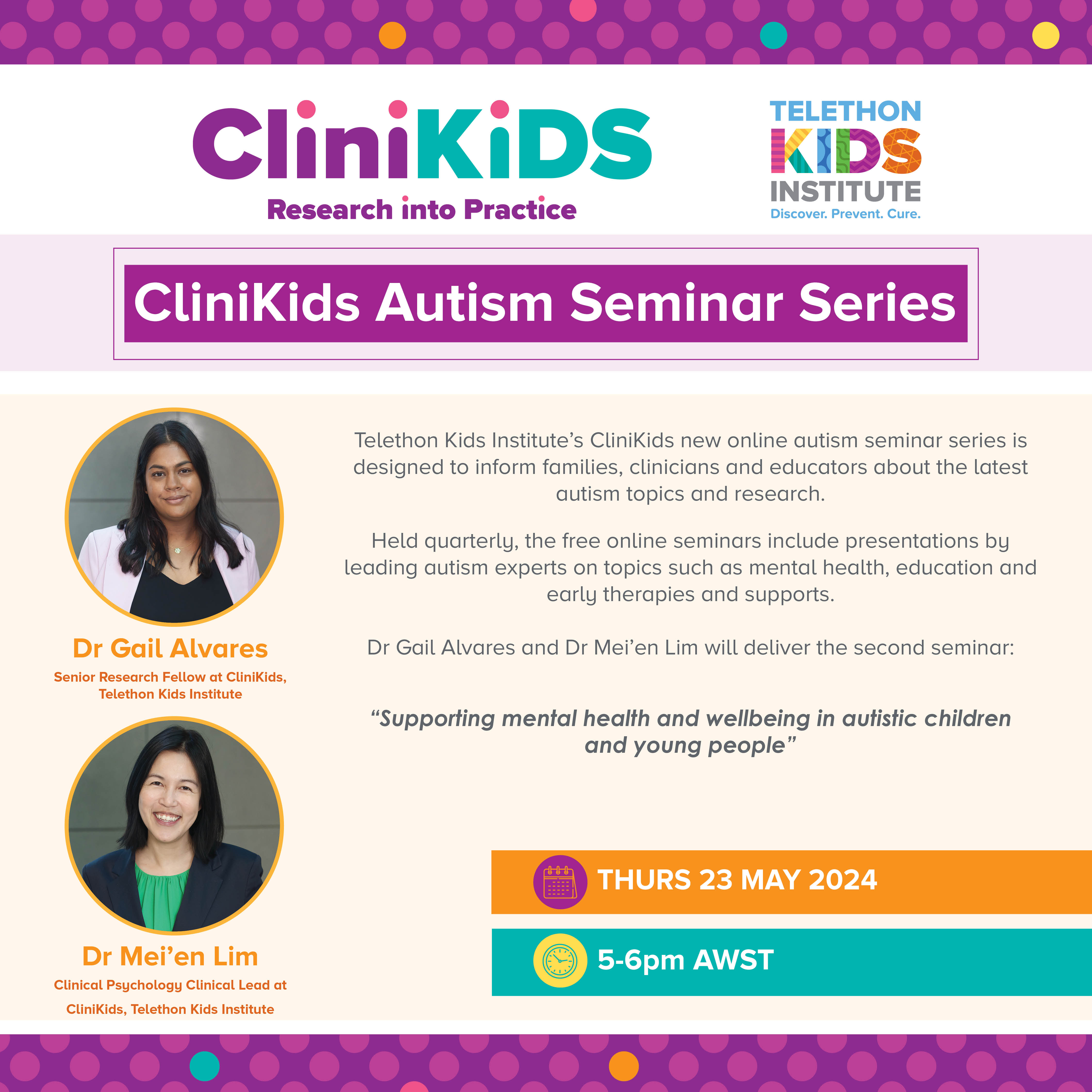
News & Events
Mental health seminarHere you will find follow up information from our autism seminar on mental health and autism.
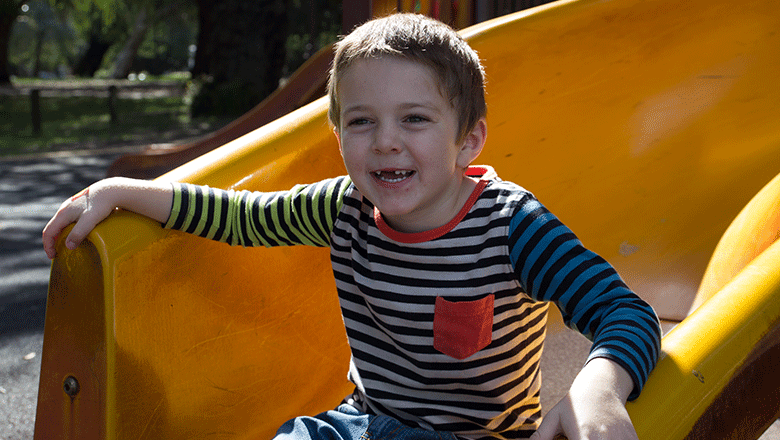
News & Events
Study looks at fish oil as treatment for autismThe Kids Research Institute Australia research has shown nearly 50 per cent of children with autism have tried fish oil supplements, but does it actually improve symptoms?
Research
Behavioural and neuropsychological outcomes in children exposed in utero to maternal labour epidural analgesiaRecent studies report conflicting results regarding the relationship between labour epidural analgesia (LEA) in mothers and neurodevelopmental disorders in their offspring. We evaluated behavioural and neuropsychological test scores in children of mothers who used LEA.
Research
Autistic and autism community perspectives on infant and family support in the first two years of life: Findings from a community consultation surveyMost support programmes for Autistic children are available only after they are diagnosed. Research suggests that parenting supports may be helpful for parents and their infants, when provided in the first 2 years of life - before a formal diagnosis is given, but when information suggests an infant is more likely to be Autistic. However, we do not know how acceptable these types of supports might be to the Autistic and autism communities.

News & Events
NDIA backs The Kids Research Institute Australia's program to support babies developing differentlyA world-first program for babies with delays in their social and communication skills has been launched in Western Australia, thanks to support from the National Disability Insurance Agency (NDIA).
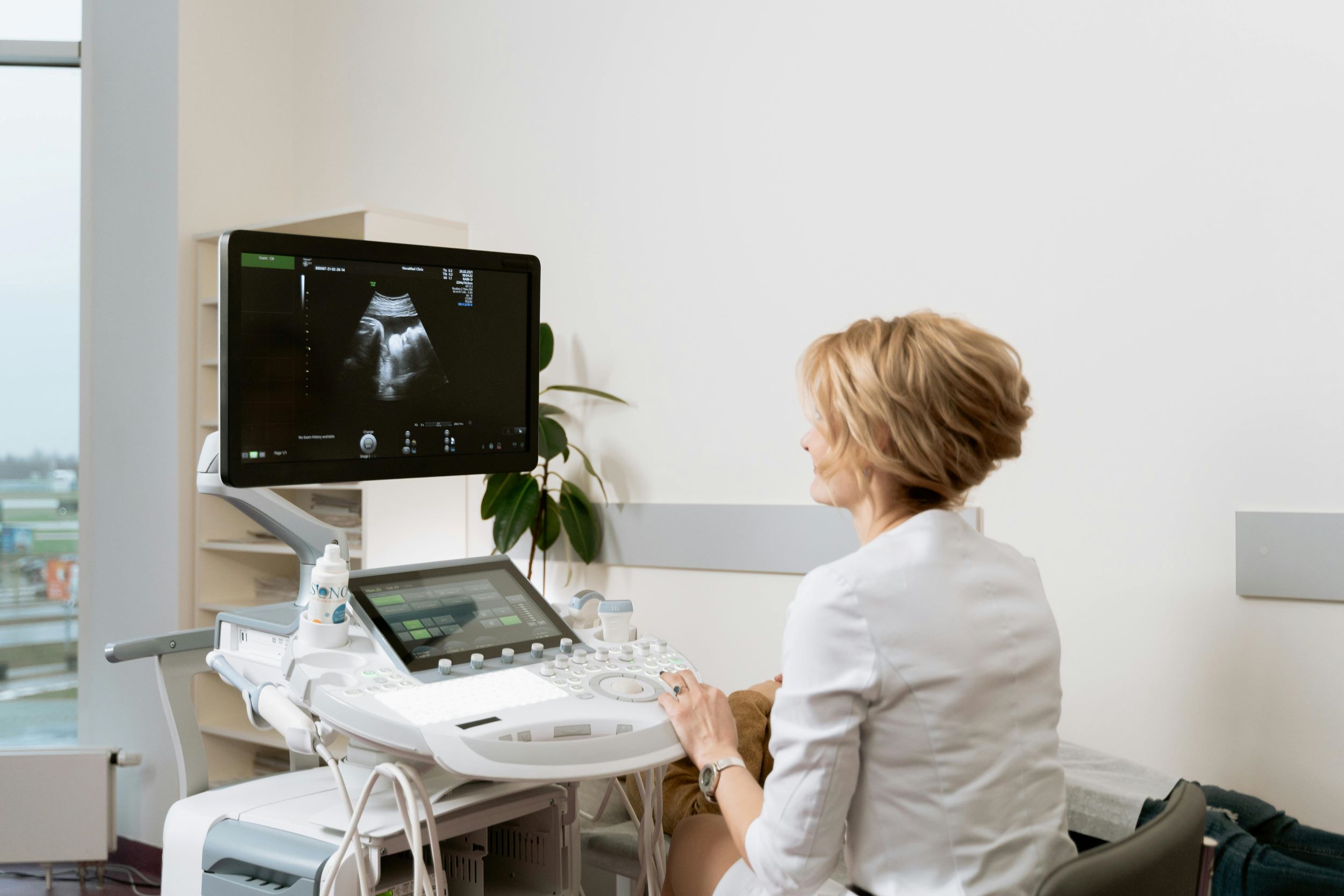
This study is investigating whether a machine learning based approach can be used to improve fetal brain anatomy measurement for learning development studies.

News & Events
Leading autism researcher named The Kids new Deputy Director (Research)Professor Andrew Whitehouse, the Angela Wright Bennett Professor of Autism Research and CliniKids Director, has been appointed Deputy Director (Research) at The Kids Research Institute Australia.
Research
Characterizing predictors of response to behavioral interventions for children with autism spectrum disorder: A meta-analytic approachA comprehensive understanding of specific factors contributing to variability in responsiveness of children with autism to interventions is paramount for making evidence-based clinical and policy decisions. This meta-analysis examined child and family characteristics, as well as intervention design factors, associated with outcomes of behavioral interventions for children with autism.
